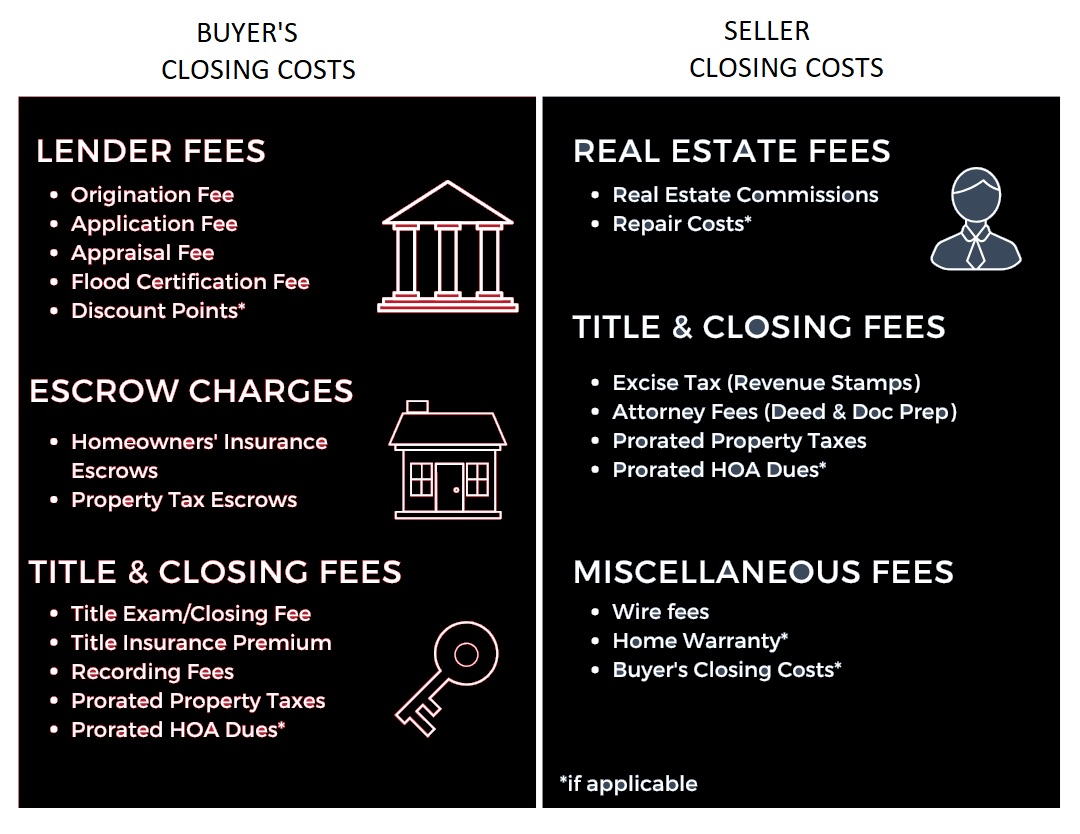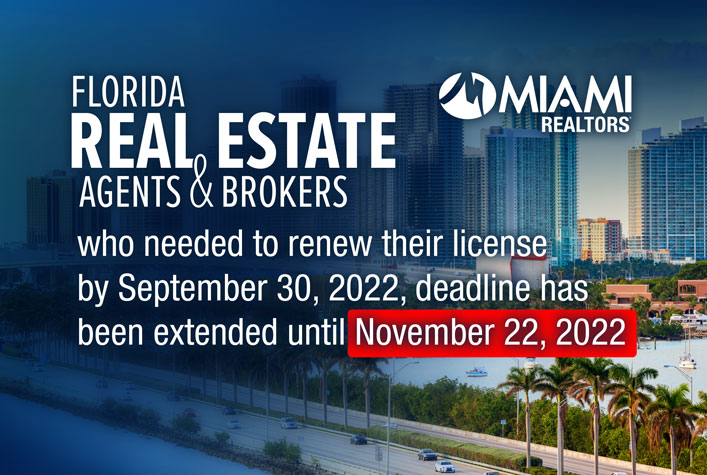
If you are interested in obtaining a real estate license in Illinois, you need to know the requirements for obtaining a real estate license. This article will discuss the Requirements for obtaining a license in real estate, continuing education, and revocation. It also answers some of the most frequent questions asked by exam takers. Please contact the Board of Real Estate Examiners with any questions. The role of the board is to make sure that the laws are fair for all and that license holders are properly protected.
Article 15
Article 15 states that a licensed brokerage may act as a designated agency for a customer. This relationship must be based on mutual consent. General Assembly found that the common laws of agency have led to misinterpretations that have resulted, and has had negative effects on consumers. This Act codifies this relationship to stop misunderstandings in the future and to ensure stability in the realty market. This Article is not applicable to sole proprietorship businesses.
A sponsoring broker must also own an Illinois office. The office must display an identification sign in a prominent location. This act requires that records be kept safe and readily accessible by the Department. These records must remain in their original format and be accessible electronically via secure access. This article is for licensed brokers in Illinois. These requirements are explained in detail below.

Requirements to be licensed as a realty agent
A license to be a New York real-estate agent requires that you are at least 18 years of age. The background check, state exams, and submission of fingerprints are required. Pre-license education must include at least 75 hour of instruction and must pass a criminal history check. The three-hour certificate in lead poisoning mitigation must also be completed. After you have received your license, you will need to complete at least 24 hours of continuing educational every two years.
To qualify for a real estate license, you must complete prelicensing education. It depends on the state you are in, it can take anywhere between 40 to 200 hours. Even in states with lax requirements, you will have to take courses in business and fair housing. Before applying for a license, it is necessary to work for an agent. You can also obtain your real estate license through online education.
Continued education requirements
The Illinois Department of Financial and Professional Regulation requires all real estate brokers and agents to participate in certain amounts of continuing educational (CE) each year, or another recurring time period. These requirements could be pre-licensing, or post-licensing. For CE pre-licensing, the realty commission will approve approved continuing education programs. The remaining credits are to be earned after licensure has been obtained.
Managers and brokers must take at least four hours of CE each year to fulfill these requirements. These courses must cover real estate ethics, agency disclosures, fair housing and license law. CE courses are offered through IDFPR's website and through state agencies. The website provides information that will help you find CE courses in your area and provide details about Illinois' requirements.

Revocation or suspension of a real-estate license
A state-level disciplinary action is taken against an individual for violating real estate laws. A real estate license can be reactivated if the applicant is currently inactive. However there are several requirements. Below are the most frequent reasons for license revocation. You can also appeal the decision. Read on to learn more about your rights as an agent.
A failure to comply with professional requirements, misconduct, and misconduct are all reasons that a real estate license may be revoked. Naomi J. Sutton was disqualified from being licensed as a Realtor after a criminal conviction. William J. Gerard Sr. also failed to disclose that he was a real-estate licensee on his real property documents.
FAQ
What are the most important aspects of buying a house?
The three most important things when buying any kind of home are size, price, or location. It refers specifically to where you wish to live. Price refers the amount that you are willing and able to pay for the property. Size is the amount of space you require.
What are the benefits to a fixed-rate mortgage
Fixed-rate mortgages guarantee that the interest rate will remain the same for the duration of the loan. This guarantees that your interest rate will not rise. Fixed-rate loans have lower monthly payments, because they are locked in for a specific term.
Can I buy a house without having a down payment?
Yes! There are many programs that can help people who don’t have a lot of money to purchase a property. These programs include FHA, VA loans or USDA loans as well conventional mortgages. For more information, visit our website.
What time does it take to get my home sold?
It all depends on several factors such as the condition of your house, the number and availability of comparable homes for sale in your area, the demand for your type of home, local housing market conditions, and so forth. It can take from 7 days up to 90 days depending on these variables.
Is it cheaper to rent than to buy?
Renting is generally less expensive than buying a home. It is important to realize that renting is generally cheaper than buying a home. You will still need to pay utilities, repairs, and maintenance. There are many benefits to buying a home. For instance, you will have more control over your living situation.
Statistics
- Over the past year, mortgage rates have hovered between 3.9 and 4.5 percent—a less significant increase. (fortunebuilders.com)
- The FHA sets its desirable debt-to-income ratio at 43%. (fortunebuilders.com)
- This seems to be a more popular trend as the U.S. Census Bureau reports the homeownership rate was around 65% last year. (fortunebuilders.com)
- Private mortgage insurance may be required for conventional loans when the borrower puts less than 20% down.4 FHA loans are mortgage loans issued by private lenders and backed by the federal government. (investopedia.com)
- This means that all of your housing-related expenses each month do not exceed 43% of your monthly income. (fortunebuilders.com)
External Links
How To
How to become an agent in real estate
You must first take an introductory course to become a licensed real estate agent.
The next thing you need to do is pass a qualifying exam that tests your knowledge of the subject matter. This involves studying for at least 2 hours per day over a period of 3 months.
After passing the exam, you can take the final one. For you to be eligible as a real-estate agent, you need to score at least 80 percent.
Once you have passed these tests, you are qualified to become a real estate agent.